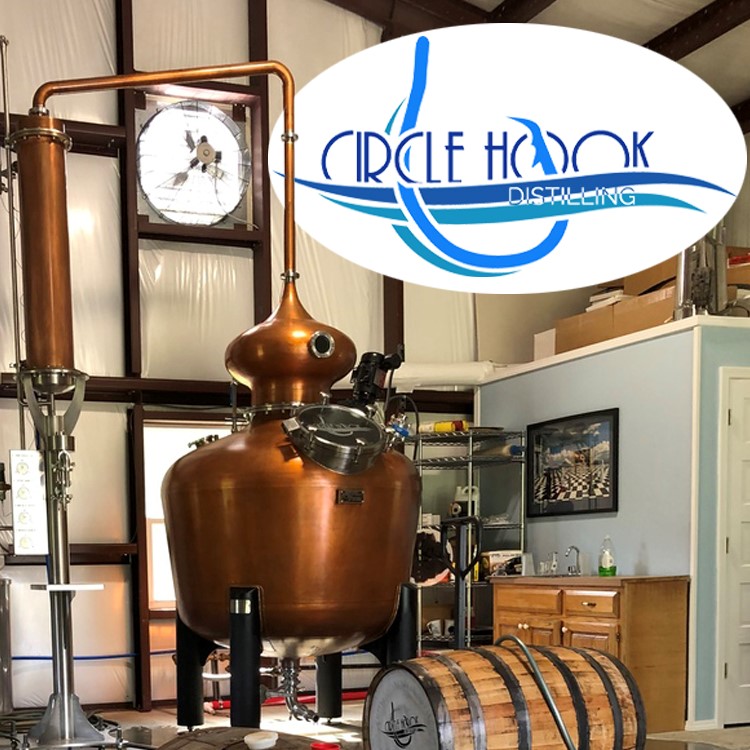The necessity of triple distillation depends on the desired qualities and characteristics of the final product, typically in the context of alcoholic beverages like whiskey, vodka, or certain types of spirits. Here are some key considerations:
Benefits of Triple Distillation
- Purity: Triple distillation can remove more impurities, resulting in a cleaner and smoother spirit.
- Smoothness: The process can produce a more refined and smoother taste, which is often desirable in premium products.
- Consistency: It can help in achieving a more consistent product by better controlling the removal of unwanted congeners and other compounds.
- Complexity: While it removes impurities, it can also concentrate desirable flavours and aromatic compounds, enhancing the complexity of the spirit.
Drawbacks of Triple Distillation
- Cost: It is more expensive due to the additional time, energy, and equipment required.
- Flavour Loss: Over-distillation can strip away some of the flavour compounds that give a spirit its unique character, potentially resulting in a less flavourful product.
- Efficiency: Triple distillation can reduce yield, meaning less final product from the same amount of raw materials.
Contextual Necessity
- Whiskey: In Irish whiskey, triple distillation is a common practice and is part of what distinguishes it from Scotch whisky, which is typically double distilled. The extra distillation can contribute to the lighter, smoother profile of Irish whiskey.
- Other Spirits: For other types of spirits, the decision to triple distill will depend on the desired end product. Some producers may prefer the complexity and character that can come from fewer distillations.
Triple distillation is not universally necessary, but it can be advantageous for producing certain types of spirits with particular characteristics. The decision to use triple distillation depends on the goals of the distiller and the profile they wish to achieve in their product.





